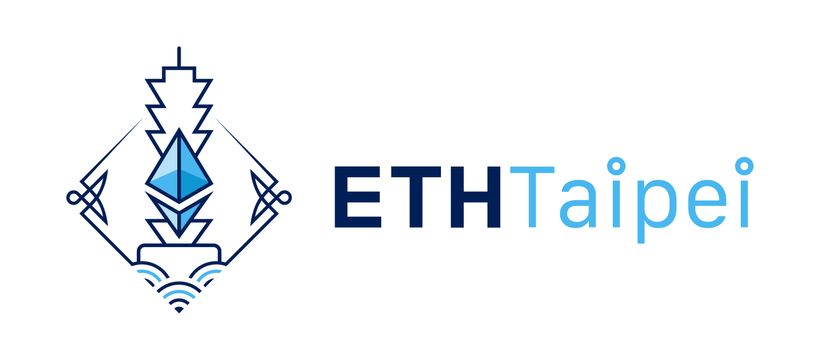XRP News Today: South Korean Lawmakers Invest in Crypto While Shaping Market Policy
TLDR
- 16 Korean lawmakers disclosed holdings in crypto assets like XRP and PEPE.
- South Korean retail investors poured $12B into U.S. crypto stocks in 2025.
- Lawmakers invested in U.S. tech giants and local unlisted gaming firms.
- Stablecoin policies in Korea and the U.S. boosted crypto investor interest.
South Korean lawmakers are drawing attention after it was revealed that several hold large personal stakes in cryptocurrency assets. This comes as retail investors in South Korea pour billions into U.S. crypto stocks. The growing investment trend among both lawmakers and citizens is raising questions over transparency, policy neutrality, and whether political figures are too closely tied to the assets they help regulate.
Lawmakers’ Crypto Holdings Raise Questions
Sixteen members of South Korea’s National Assembly Culture, Sports and Tourism Committee have disclosed personal investments in various crypto assets. These include popular tokens like XRP and PEPE, as well as overseas tech firms and local unlisted gaming companies.
One such figure, Jin Jong-oh of the People Power Party, reportedly saw his family’s crypto portfolio grow by 440% in recent months. Lawmakers from the Democratic Party, such as Yang Moon-seok, also reported digital asset holdings. These disclosures have fueled concerns over conflict of interest, especially as these lawmakers help shape cryptocurrency and financial policy
While South Korea pushes for crypto deregulation and stablecoin use, lawmakers are personally benefiting from the same market they influence. Critics argue this creates a blurred line between public duty and private gain. Regulatory bodies and civic groups have begun calling for tighter ethics reviews and clearer separation between policy roles and personal investments.
Retail Investors Move Capital to U.S. Crypto Stocks
Retail investors in South Korea have poured more than $12 billion into U.S.-listed crypto-related stocks in 2025 alone. August saw a notable spike, with $426 million invested in Bitmine, $226 million in Circle Internet Group, and $183 million in Coinbase.
Analysts say this trend is driven by the global push for stablecoin regulation and favorable policy from both South Korea and the U.S. Even as stock prices in the sector decline, demand from Korean investors has remained strong.
These investments are part of a larger move toward digital finance by South Korean individuals, many of whom view overseas markets as more promising. Domestic equity markets have seen declining interest, with investors instead choosing to back global tech companies and crypto firms.
Digital Finance Push and Policy Gaps
The South Korean government has promoted a long-term financial plan known as the “KOSPI 5000 era.” This vision supports crypto growth, stablecoin adoption, and deregulation of digital assets. However, while officials support domestic financial innovation, many lawmakers are investing outside of South Korea.
Several members of the National Assembly have chosen to back U.S. tech stocks like Microsoft, Apple, and NVIDIA. Others hold shares in unlisted South Korean gaming firms. This investment pattern reflects a shift away from traditional assets toward high-risk, high-growth sectors tied to global finance and crypto.
At the same time, concerns are growing over the lack of clear rules preventing lawmakers from personally investing in the sectors they oversee. Experts and civil groups are urging more transparency in asset disclosure and restrictions to prevent conflicts in policymaking. As crypto continues to grow in popularity, the debate around governance, oversight, and fairness in South Korea’s political and financial sectors is likely to intensify.
The post XRP News Today: South Korean Lawmakers Invest in Crypto While Shaping Market Policy appeared first on CoinCentral.
คุณอาจชอบเช่นกัน

Vitalik Buterin to Deliver Keynote After Shanghai Upgrade at ETHTaipei

Chinese Bitcoin Hardware Titans Control 95% of Market, Now Coming to America to Dodge Trump Tariff War

